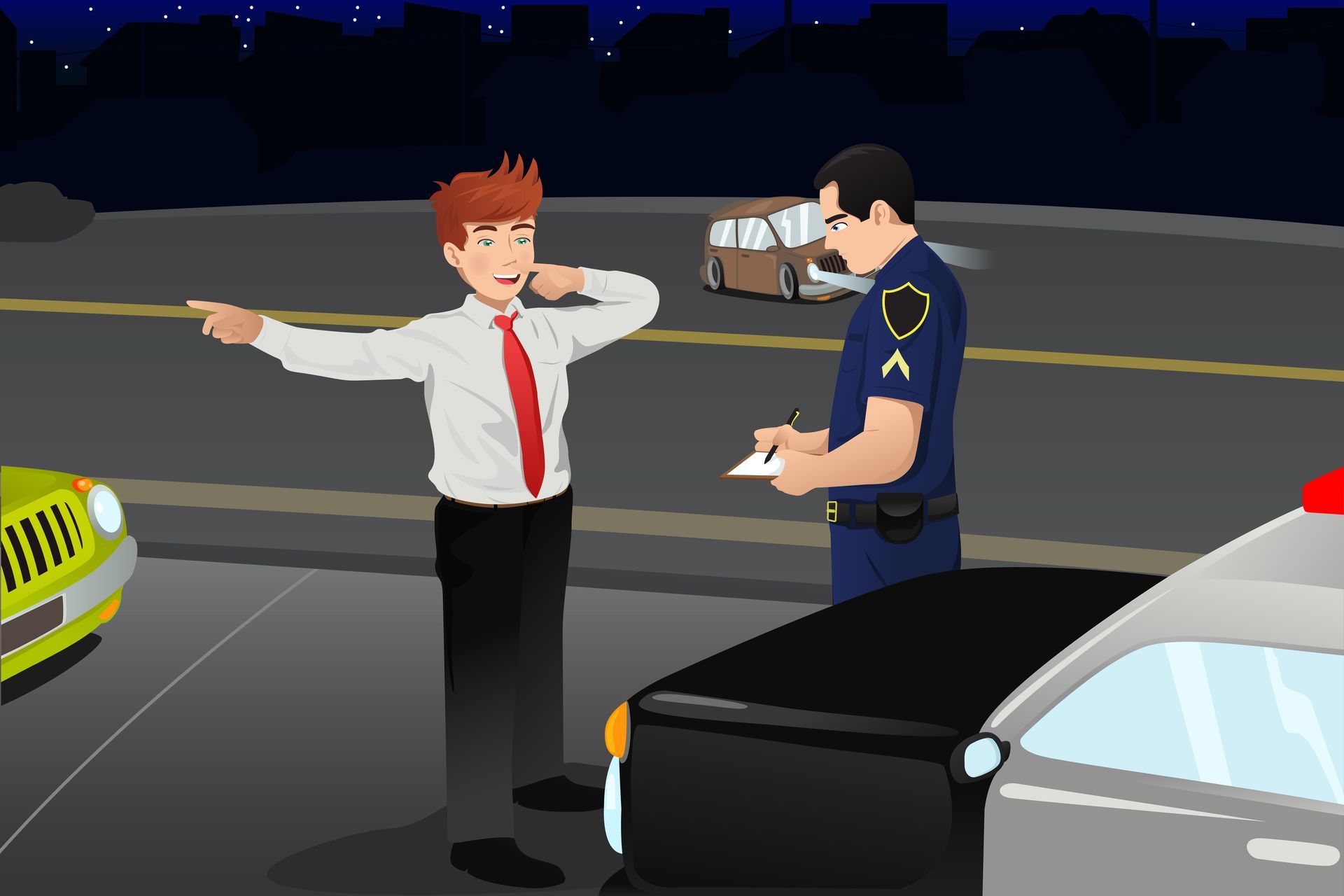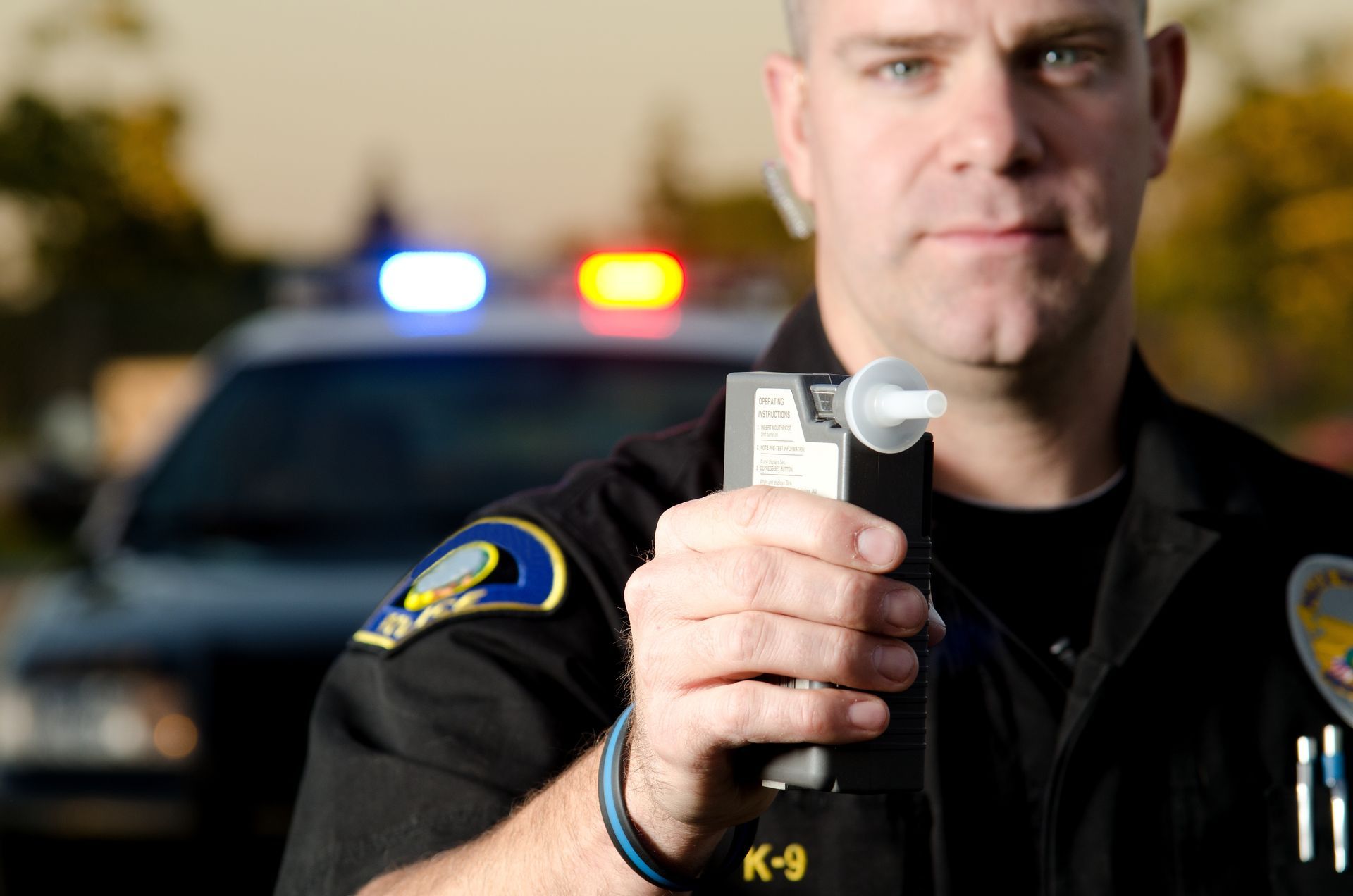Can Police Use Your Social Media Posts Against You?

Yes, anything you post on social media, including things you’ve set to private or “friends only,” can be found and used against you in a criminal investigation or prosecution. Police and prosecutors routinely monitor social media to gather evidence, and they have legal tools to access private accounts, recover deleted content, and track connections between people.
If you are under investigation or facing charges, what’s on your social media and even what others post about you can have serious legal consequences.
What Types of Social Media Content Can Police Use?
- Posts or photos showing illegal activity: Images of drug use, underage drinking, firearms, stolen property, or violence can be compelling evidence for prosecutors. Even if you meant it as a joke or exaggeration, prosecutors can argue it shows intent or a pattern of behavior.
- Posts placing you at the scene: Check-ins, location tags, or time-stamped posts can undercut alibi claims or place you near a crime.
- Messages showing intent or motive: Angry rants, threats, or conversations planning illegal activity can be used to show premeditation.
- Interactions with co-defendants or witnesses: Direct messages, comments, or tags that link you to others involved in a crime can help build conspiracy or accomplice charges.
- Attempts to intimidate or influence witnesses:
Contacting someone involved in the case, even indirectly through social media, can lead to additional charges like witness tampering.
- Deleted or hidden posts: Deleting something doesn’t erase it. Police can subpoena records from social media companies or use digital forensics to recover “disappeared” content.
It’s Not Just About What You Post
Even if you’re careful about what you post, you can still get into legal trouble because of what others post about you.
If someone else shares photos or videos of you committing a crime, or allegedly committing one, police can use that material as evidence. It doesn’t matter if you didn’t post it yourself, if you never consented to it, or if you later ask the person to take it down. Once it’s online, it can be screenshotted, saved, and subpoenaed, even if deleted.
It’s also important to understand that asking someone to delete evidence after the fact can backfire. If police believe you’re pressuring someone to hide or erase evidence, you could face additional charges like obstruction of justice or tampering with evidence.
If you discover that someone has posted potentially incriminating content about you, talk to your lawyer immediately. Do not try to handle it yourself.
Can Police Access Private Accounts or DMs?
Yes. While police can’t just open your private messages or hidden posts without cause, they can:
- Get a search warrant or subpoena for your account data, including private messages and deleted content.
- Use cooperating witnesses (including people you’ve interacted with online) to provide screenshots or give investigators access.
- Create undercover accounts to view your posts or engage with you.
Privacy settings do not make you immune from investigation, and social media companies typically comply with valid search warrants or subpoenas for user data.
How to Protect Yourself
If you are under investigation or have been charged with a crime, the best advice is simple: stop posting on social media.
Do not discuss your case, vent about the situation, or reach out to people involved through social media. Avoid posting anything, even jokes or vague comments, that could be twisted or misinterpreted. Remember, if you wouldn’t want it read aloud in a courtroom, don’t put it online.
Why You Need a Criminal Defense Lawyer
Social media evidence is complicated, and trying to manage it yourself or pressuring, intimidating, or harassing others to delete posts can lead to bigger legal problems. An experienced criminal defense attorney can:
- Advise you on what to avoid posting or discussing.
- Work to challenge improper use of social media evidence.
- Push back against efforts to take posts or messages out of context.
- Help protect your rights and guide you through the legal process.
Have Concerns About How Your Social Media Presence May Impact Your Case?
If you believe police are using your social media posts, or someone else’s posts about you, against you, don’t wait to get legal help. Arizona Board-Certified Criminal Law Specialist Michael Alarid III has the experience to explain your options, challenge evidence, and aggressively advocate on your behalf.
Call (602) 818-3110 for a free and confidential consultation.



